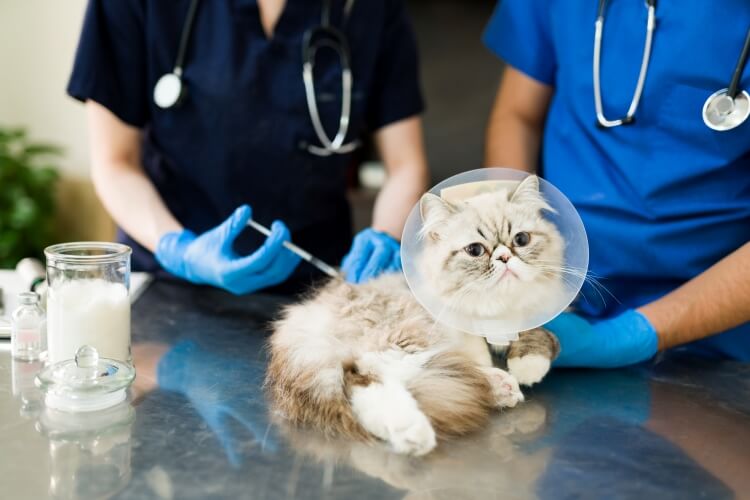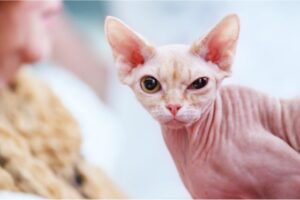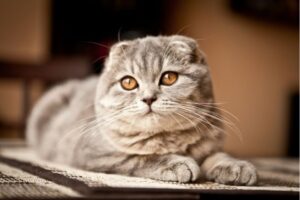Maintaining your cat’s health and happiness through feeding it a nutritious diet is a top priority. Amino acids from protein, fats and carbs, vitamins, minerals, and water are just some of the many nutrients essential to a cat’s health.
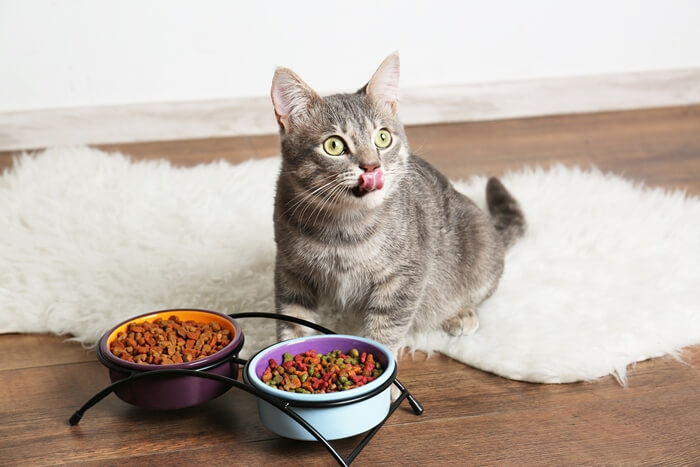
The essential nutrients provided in this article are based on the amounts recommended for healthy cats. Among other things, your cat’s size and life stage will determine its specific dietary needs. Cats have specific dietary needs, and knowing how much of each nutrient they require and how cats use it can help you provide your pet with the best diet possible.
Most felines have a strong affinity for munchies. Many cats’ eyes will light up at the mere sight of food, whether it’s table scraps, peanut butter treats, or just their regular wet or dry food. But what exactly are the healthiest foods for cats, and how can you make sure they’re getting enough of them?
Reading the food’s ingredient list is a great first step toward ensuring your cat is getting the healthiest possible diet. It’s important to consult your veterinarian about your cat’s diet if he or she has any dietary restrictions or health problems. Your cat may need a special diet, and your vet can make a recommendation.
The role of nutrients in your cat’s overall health
The importance of proper nutrition to a cat’s health, fitness, and appearance cannot be overstated, regardless of the cat’s age or breed.
Protein
As carnivores, cats should get the majority of their protein from meat due to their higher protein needs.
Protein is essential for your pet’s cellular development, muscle repair, and general bodily maintenance, just as it is for you. The essential amino acids required by pets are found in abundance in animal-based proteins.
- Arginine (detoxification of ammonia, resulting from the turnover and breakdown of proteins)
- Histidine (which plays a key role in oxygen exchange)
- Leucine (tissue regeneration)
- Lysine (assists in the production of carnitine, a nutrient responsible for converting fatty acids into energy and lowering cholesterol.)
- Methionine (it is incorporated into structural proteins and is necessary for normal growth.)
- Phenylalanine (helps with pain and skin disorders.)
- Taurine is essential for all animals but particularly cats, as it affects their vision, hearts, and reproductive cycle; taurine is found only in animal-based proteins. Tryptophan (aids in the reduction of aggression and stress.)
- Valine (aids in muscle growth.)
Fats
Fats in the diet provide essential nutrients and energy for your cats. Vitamins A, D3, E, and K are examples of fat-soluble vitamins, and your cat needs fats to absorb them. They help your cat digest better and add to his or her radiant skin and coat.
No serious health problems have been linked to feeding a high-fat diet to cats. The majority of the calories in commercial cat food come from fat. Research shows that even higher-fat cat foods are safe for consumption. Cat food should have a fat content of about 9% of the dry matter at the very least.
Your cat’s diet needs to include both omega-3 and omega-6 fatty acids in the right proportions for optimal health. You should give your cat essential fatty acids to maintain healthy skin and fur. The central nervous system is susceptible to a wide range of abnormalities brought on by deficiencies in the so-called omega-3 family of essential fatty acids, including but not limited to vision issues and impaired learning capacity.
The omega-6 family of essential fatty acids has also been shown to play a significant role in human physiology. Omega-6 fatty acids are typically found in higher concentrations in the cell membranes of tissues involved in storage (fat), metabolism (liver), mechanical work (muscle), and excretion (kidney).
You’ve probably heard about the advantages of fish oil, which is rich in the fatty acids the body needs to function properly. Your cat may benefit from fish oil supplements for conditions like arthritis and skin allergies.
Your vet is the best person to advise you on selecting a high-quality supplement because they are most knowledgeable about the various brands and the research that has been conducted on each.
Carbohydrates
Carbohydrates are an important part of your cat’s diet because they provide energy, aid digestion, and have an effect on reproduction. Carbohydrate requirements for pets vary greatly by species.
Carbohydrates are important for cats, but they only need a moderate amount. Fiber is a type of carbohydrate that aids in the digestive process and can be useful if your cat is experiencing either diarrhea or constipation.
Your vet may suggest adding fiber to your cat’s diet on occasion, but cats don’t have a dietary requirement for it. Talk to your vet about your cat’s fiber supplementation needs; too much fiber can actually exacerbate certain issues, and there are different types of fiber (soluble vs. insoluble).
Energy
To maintain their typical routines, cats require a certain amount of energy. Increases in these baseline energy demands occur during growth, pregnancy, lactation, and physical exertion. Calories are a common unit of measurement for food energy, which can be obtained from three main food groups: carbohydrates, protein, and fats.
Carbohydrates are a great source of energy and can be found in almost any diet. Cereals, legumes, and other plant foods are the primary sources of carbohydrates in commercial cat foods. Cats are unable to fully ferment the fibers found in many carbohydrates due to the short length of their long intestines and their carnivorous diet.
Water
Water is the one universal necessity for all pets. About 60–70% of your cat’s body weight is water, just like a human’s. It is critical to provide clean water for your cats on a daily basis.
If you live in a region where the water is particularly hard, You should probably filter that out before feeding it to your cat.
Vitamins
Cats require a diet rich in the nutrients provided by vitamins. Most commercial cat foods have added vitamins to make sure your cats get proper nutrition. Your veterinarian may recommend vitamin supplements for your cat if he or she is deficient in one or more nutrients.
However, giving your cat more vitamins than it needs can also be harmful, so it’s best not to assume. Too much vitamin D or A, for example, can affect kidney function and bone density, while too much vitamin A can cause joint pain and brittle bones.
Minerals
There are twelve minerals that are recognized as being crucial for a cat’s health. Minerals like calcium and phosphorus are essential for healthy teeth and bones. For proper nerve impulse conduction, muscle contraction, and cell signaling, felines require the presence of other minerals such as magnesium, potassium, and sodium.
Selenium, copper, and molybdenum are just a few of the trace minerals that are needed in extremely small amounts to facilitate numerous enzyme reactions. As your cat gets older, its mineral needs may change.
There is such a thing as too much or too little of a mineral in a cat’s diet. It has been suggested that urinary tract stones can form when there is an excess of magnesium in the diet. However, it has been found that these stones can be avoided by eating foods that keep the pH of the urine at a relatively low level.
You may also like
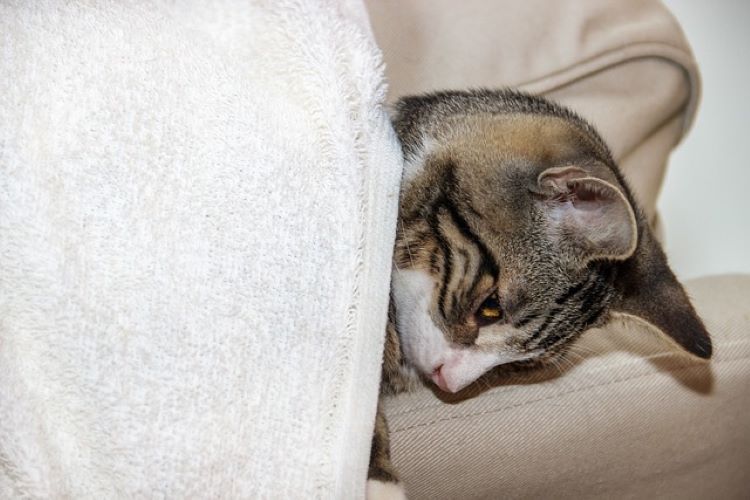
How to Recognize the Signs of a Sick Cat
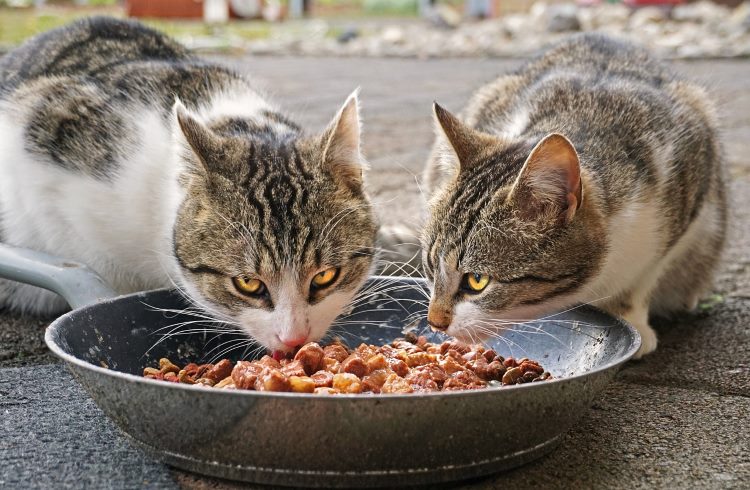
The truth about grain-free cat food
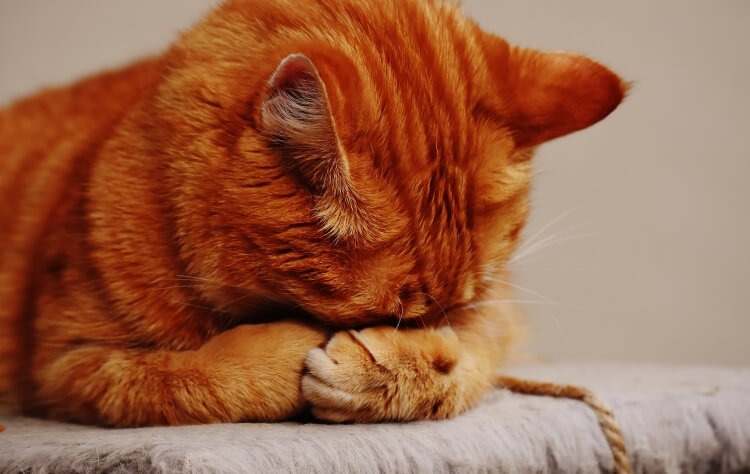
5 Common Health Issues in Cats and How to Prevent Them
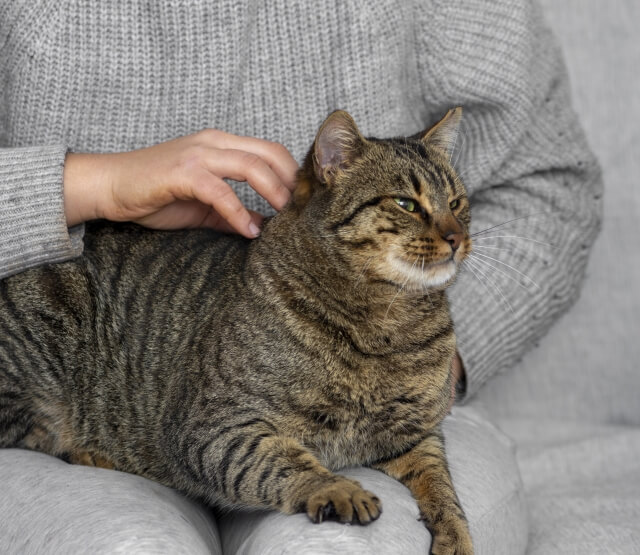
The Connection Between Your Cat’s Weight and Their Health
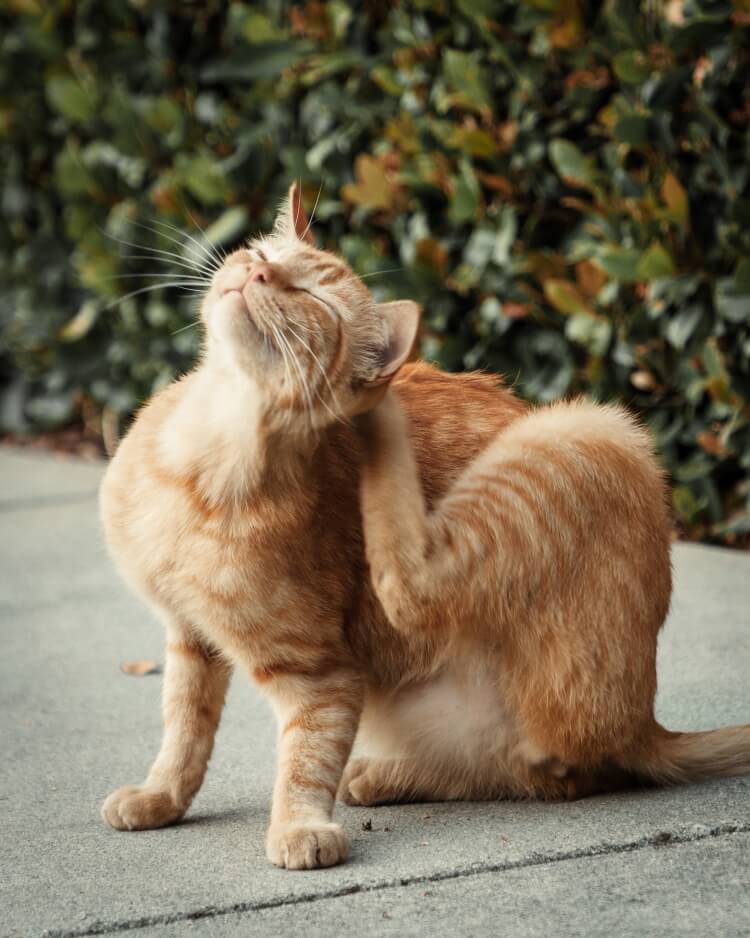
The Dangers of Fleas and How to Protect Your Cat
